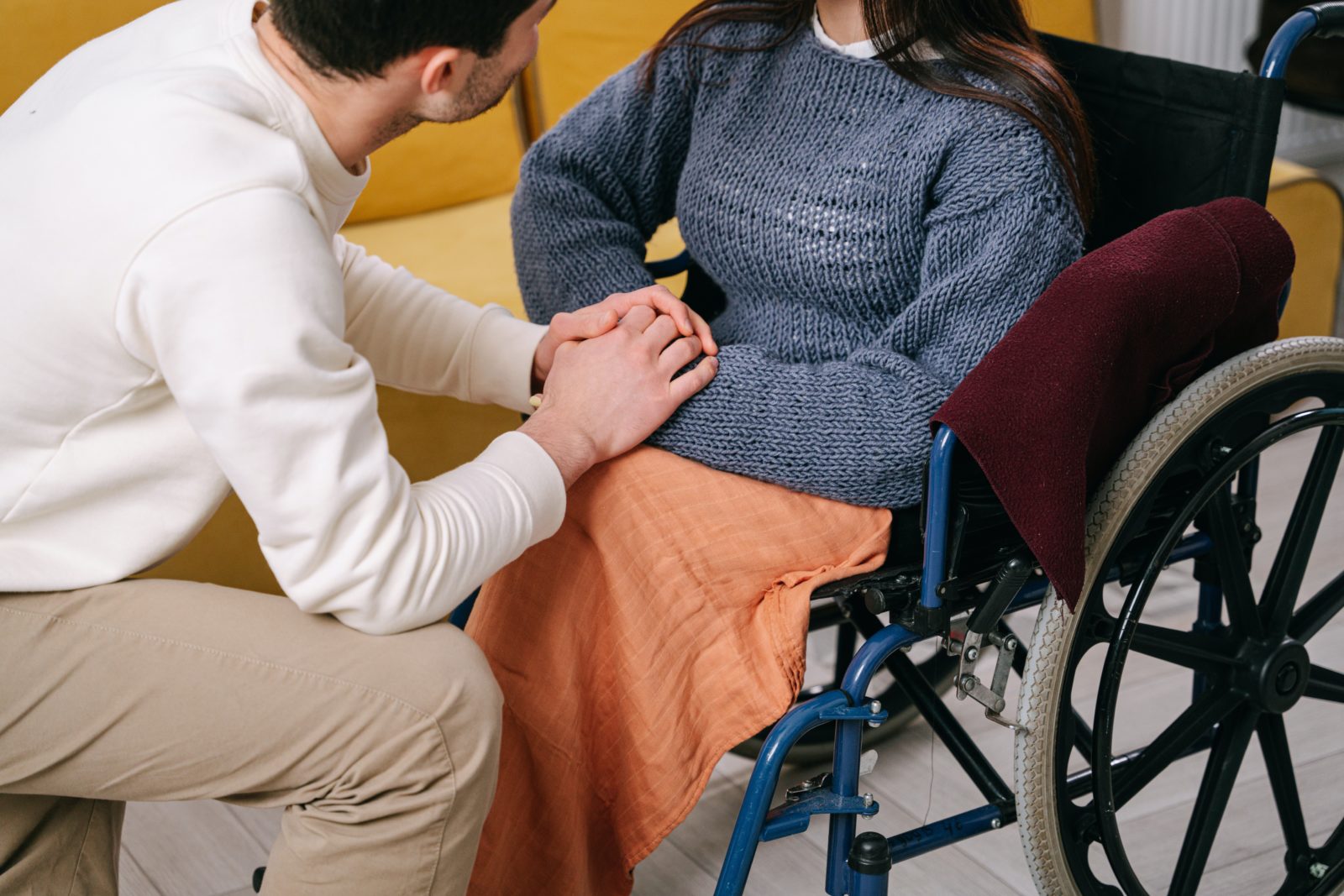If you fall ill (whether by COVID-19 or otherwise) during a period of scheduled annual leave, it’s possible to swap out your annual leave for paid personal leave. Rather than having to endure a wasted period of annual leave, the Fair Work Act 2009 (FW Act) allows employees, who are sick or injured while on annual leave, to use their paid sick or carer’s leave entitlement instead of using their annual leave. We break down the answers to some of the most common questions raised when falling ill while on annual leave and a worker’s leave entitlements during the COVID-19 pandemic.
Right to take sick/carer’s leave
The National Employment Standards entitle employees to a minimum of 10 days paid sick/carer’s leave. An employee’s Modern Award, Enterprise Agreement or contract may also provide for an increased entitlement.
Section 89(2) of the FW Act states that;
“If the period during which an employee takes paid annual leave includes a period of any other leave (other than unpaid parental leave) or a period of absence from employment under Division 8 (which deals with community service leave), the employee is taken not to be on paid annual leave for the period of that other leave or absence.”
So, if an employee becomes sick or injured while on their annual leave, it is possible for them to convert their annual leave to their paid sick leave entitlement.
What if I need to care for a sick or injured family member when on annual leave?
If, during a period of annual leave an employee is required to provide care and support to a sick or injured family member, they may request to take paid carer’s leave entitlement instead of annual leave. The care and support must be provided to an employee’s immediate family member or a member of the employee’s household. Under the FW Act, “immediate family member” means:
- a spouse, de facto partner, child, parent, grandparent, grandchild or sibling of the employee; or
- a child, parent, grandparent, grandchild or sibling of a spouse or de facto partner of the employee.
Does an employee need to provide evidence to their employer?
An employer cannot unreasonably refuse a request by an employee to convert their annual leave to sick/carer’s leave. However, there are relevant notice and evidence requirements which still apply under s 107 of the FW Act.
If an employee decides to take sick/carer’s leave instead of annual leave, they must provide notice to their employer of this decision as soon as reasonably practicable (which may be a time after the leave has started). If an employee notifies their employer after they return to work that they were sick or caring for a family member during a portion of their annual leave, they can request to apply their sick/carer’s leave and have their annual leave re-credited.
An employer can still request the employee to provide “evidence that would satisfy a reasonable person” that the leave is taken for an appropriate reason (ie personal illness/injury or carer responsibilities) . Depending on the situation, this might justify a requirement to provide a medical certificate from a doctor. Alternatively a statutory declaration signed by the employee might be sufficient. However, it’s important to check the terms and conditions of an employee’s contract, applicable Modern Award or Enterprise Agreement, which may require specific evidence to be provided.
Are there specific leave entitlements for employees who are close contacts of Covid-19?
Some Modern Awards entitle employees to take up to 2 weeks’ unpaid pandemic leave (or more by agreement) if they are unable to work because:
- they are required to self-isolate by government or medical authorities, or acting on the advice of a medical practitioner, or
- of measures taken by government or medical authorities in response to the pandemic (for example, an enforceable government direction restricting non-essential businesses).
Employees do not have to accrue unpaid pandemic leave, they can take this leave in full immediately if they are full-time, part-time or casual employees. Employees also don’t have to use all their paid leave before accessing unpaid pandemic leave.
The Modern Awards providing unpaid pandemic leave can be found here.
If an employee is unable to work from home, they should speak with their employer about arranging them to take suitable paid or unpaid leave.
Rights of Casual Employees and Contractors
A worker who is required to self-isolate or quarantine, or is caring for someone who has to self-isolate or quarantine because of COVID-19, may be eligible to receive the Pandemic Leave Disaster Payment.
Under the Pandemic Leave Disaster Payment eligible workers can receive a lump sum payment to compensate them for the time taken off work. For each 7-day period of self-isolation, quarantine, or caring, eligible workers will receive:
- $450 if they lost at least 8 hours or a full day’s work, and less than 20 hours of work; or
- $750 if they lost 20 hours or more of work.
However, workers who have received or will receive any income from paid work or paid leave will not be eligible for the Pandemic Leave Disaster Payment.
Further Assistance
If employers require advice about leave entitlements please contact our employment team for a confidential discussion.
Article prepared by: Sarah Cappello, Partner, Joey Tass, Senior Associate, Margaret Gotsopoulos, Lawyer & David Thompson, Partner






































































